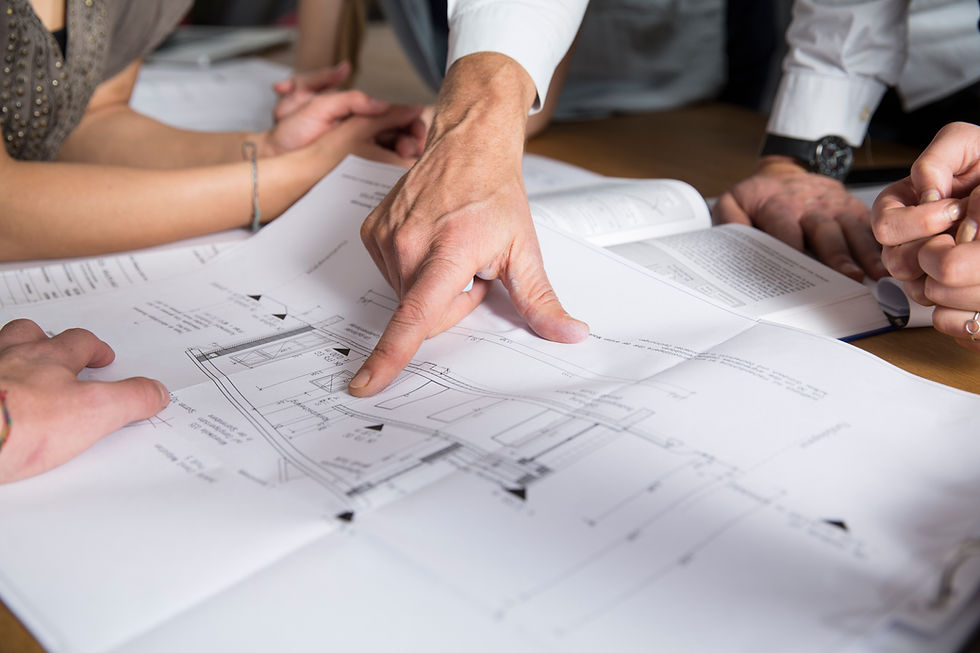Understanding Your Building Inspection Report: How to Read It and What to Do Next
- Independent Building Reports

- Jun 3, 2025
- 2 min read
Updated: Jun 5, 2025

Key Sections of the Report
Your building inspection report is a comprehensive document designed to help you understand the condition of a property before purchase. It is a report compiled after a visual inspection. It is important to understand the exclusions and limitations of the inspection and report. You should be provided with an Agreement outlining the scope of the inspection prior to the inspection being completed.
The Building Report typically includes the following key sections: If you’re wondering how to read building inspection report results, start by reviewing the summary and defect categories.
Summary of major and general comments about minor defects
Structural issues and safety hazards
Moisture detection and water damage
Roofing, plumbing, and drainage observations
Pest inspection findings (if combined)
Photographic evidence with notes
Recommended further action if applicable
How to Interpret Severity Levels
Most reports categorise issues by severity: minor, moderate, or major. Minor defects might be cosmetic or low-risk maintenance items. Moderate defects may require repairs but aren’t critical to structural safety. Major defects indicate serious concerns that may impact the building’s integrity or safety and often require immediate attention. This section of your building report explained in detail helps buyers prioritise repairs and negotiations.
Common Red Flags Explained
Some common issues that appear as red flags in your report include:
Cracks wider than 2mm in foundations or brickwork
Persistent moisture or signs of rising damp
Evidence of termite damage or activity
Poorly supported decks or balconies
Roof leaks or sagging roof lines
Non-compliant stairs, handrails, or fire safety issues
When to Get a Specialist or Quote
If your report identifies a major defect or recommends further assessment, it’s wise to consult a relevant licensed specialist. For example, structural engineers for foundation movement, licensed electricians or plumbers for service issues, or pest controllers for active infestations. Quotes can help you understand repair costs before negotiating or deciding to proceed with the purchase.
How It Impacts Negotiation or Finance
A building report gives you negotiation power. If major repairs are needed, you can request a reduction in sale price, ask the seller to fix the issues, or walk away. For lenders, serious defects may affect property valuation and finance approval. Having a professional report ensures transparency and protects your financial investment. Knowing the building inspection next steps allows you to respond quickly and protect your financial interests.
Contact Us for Help With Interpreting Your Report
Feeling unsure about your inspection report? Our licensed inspectors can walk you through the findings and help you make the right decision.
Speak with an expert
Get advice on what to do next
Call: 0439 670 336



Comments